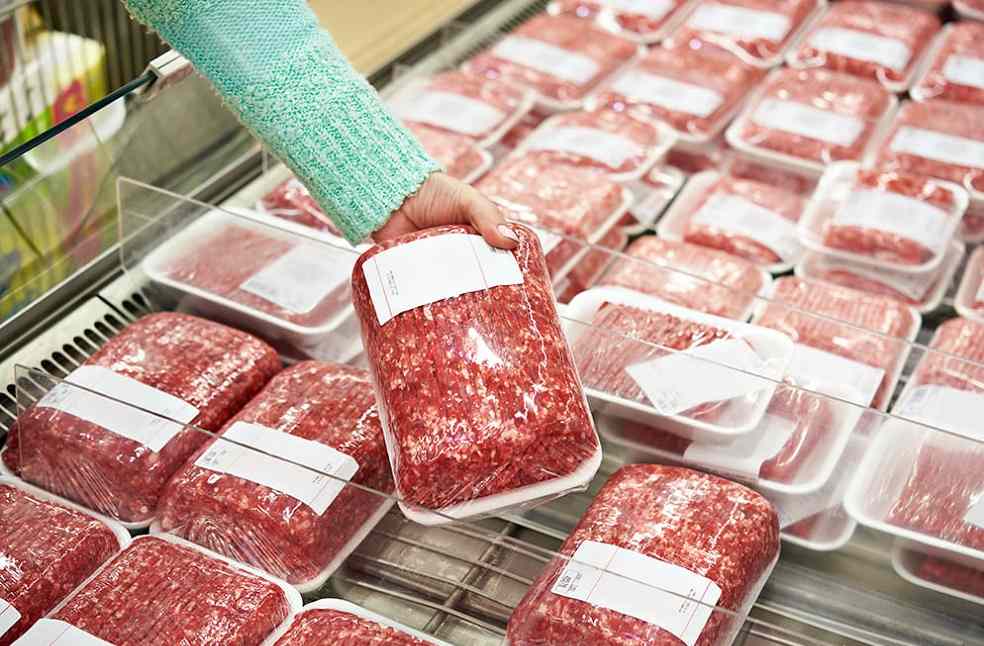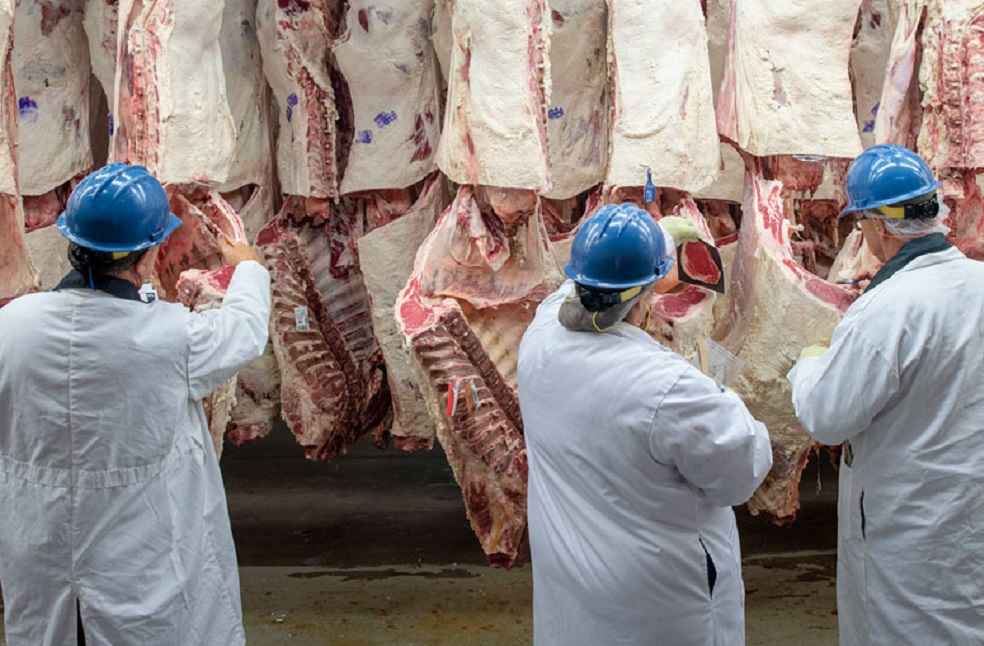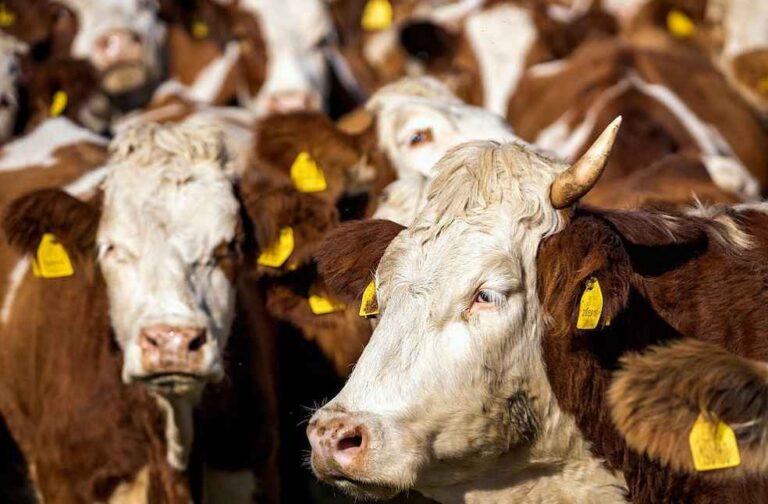Canada’s ambition to penetrate the Australian beef market with its export of fresh beef has catalyzed an intricate review process in the sector, exemplifying the dedication to elevated biosecurity and food safety standards by both nations.
The Australian Department of Agriculture, Fisheries and Forestry (DAFF) recently disclosed a draft review advocating for Canada’s eligibility to apply for beef export. This development instigated a period of consultation, encouraging stakeholder input until February 28.
Central to this analysis is the assessment of Canada’s animal health status, scrutinizing its compatibility with Australia’s rigorous criteria for beef imports. This scrutiny is not simply procedural; it’s an essential aspect of ensuring that imported beef adheres to Australia’s exacting standards.

Canada’s progression towards securing access encompasses several detailed stages. Beyond DAFF’s scrutiny, Food Safety Australia New Zealand (FSANZ) conducts an independent evaluation of Canada’s status regarding bovine spongiform encephalopathy (BSE). This in-depth analysis began after Canada’s formal application last year, demonstrating the comprehensive nature of the process for market access.
Should DAFF’s preliminary review yield a favorable outcome, a subsequent, more detailed assessment will commence. This phase will critically examine whether Canada’s production methodologies, biosecurity protocols, and overall standards align with Australia’s stringent requirements, a factor of utmost importance considering Australia’s highly sensitive beef sector.
Sam Munsie, the trade and technical affairs general manager at the Australian Meat Industry Council, elaborated on the layered structure of this assessment. The preliminary review suggests that potential risks linked with Canadian beef imports are controllable and consistent with Australia’s requisite protection level. Yet, the ultimate decision hinges on an extensive analysis of the scientific data and standards outlined in the review.
The Australian meat industry acknowledges the significance of conforming to international trade regulations, as stipulated by the World Trade Organization, reflecting the nation’s broader interests as a trade-reliant entity. This perspective aligns with the recognition that international trade necessitates a reciprocal approach, balancing import and export activities.

Traditionally, Australia’s imports of fresh beef, sourced from nations like Japan and New Zealand, have been minimal. The country’s robust domestic production and the international competitiveness of Australian beef have historically limited the scope for imports. Nations that have previously surpassed the initial threshold for beef export to Australia include Japan, the Netherlands, New Zealand, the United States, and Vanuatu.
Canada’s endeavor to gain access to Australia’s beef market transcends mere trade considerations; it reflects the intricate global interplay in agricultural commerce, emphasizing the criticality of stringent health standards and the multifaceted nature of international market integration.
As this process evolves, how Canada negotiates these regulatory challenges and the implications of potential market access for the global beef industry will be of considerable interest.
IMEX SECTOR | Philippines Leads 2024 Rice Imports, Battles High Prices and Supply Challenges



